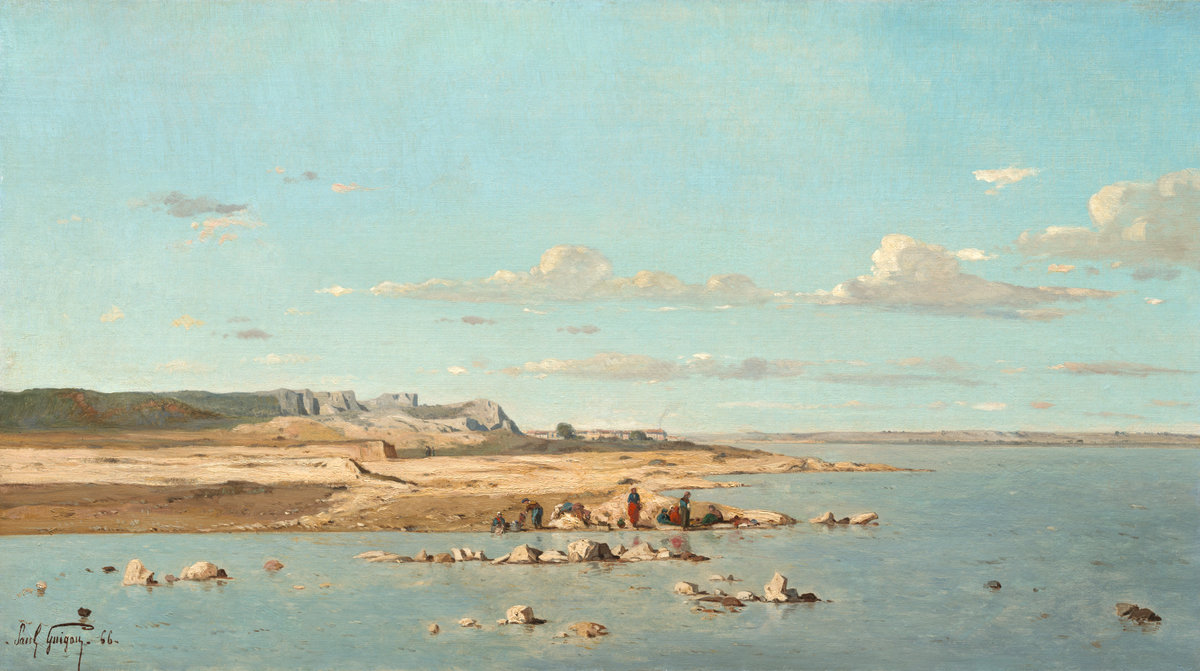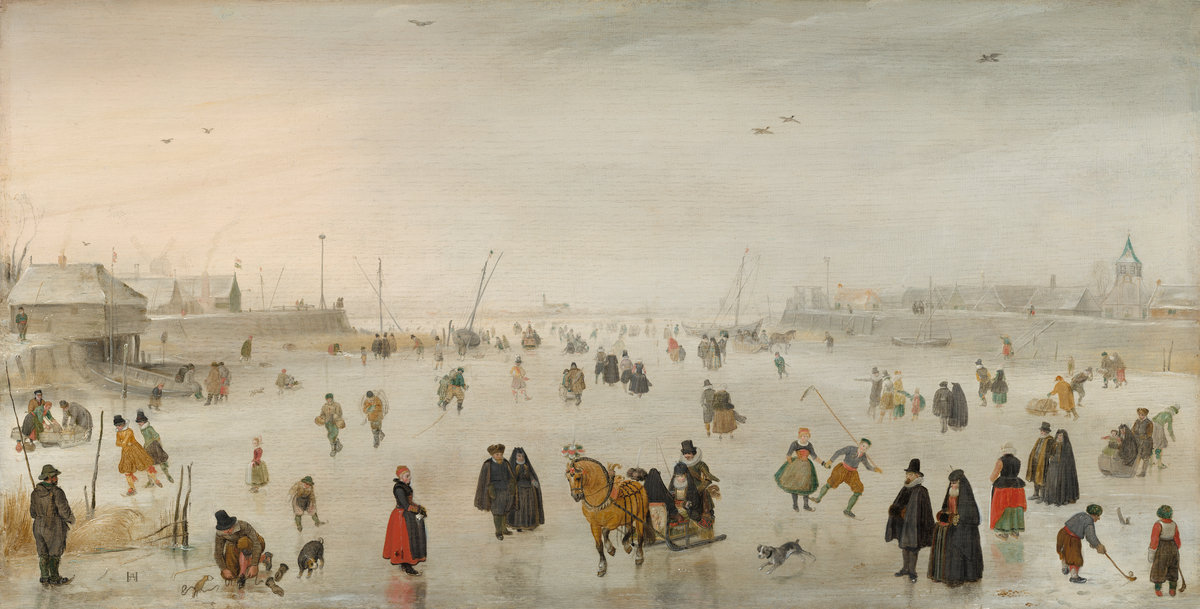Last month U.S. Cyber Command took on a new role outside of its original mandate when given direction to degrade the Islamic State’s online social media presence, rather than just disrupting capabilities during armed conflict. This is a very big deal, according to Peter Singer. Why? Because the move to offensive cyber operations is as of yet unprecedented for the U.S., which has until now restricted operations to those of defensive nature. Another major development is the transparency with which the U.S. is conducting the attacks, perhaps a signal to adversaries other than the Islamic State.
While you were attending endless #ISA2016 panels this week, there was some churn in the press regarding trade, on the heels of Sander’s primary win in Michigan. It all started with Paul Krugman’s column that pointed out trade agreements have multiple ends, and mutual gains are often not as big nor beneficial all-around as most would expect—nor as bad as the protectionists (ahem, Trump, Sanders) suggest. This prompted Brad DeLong’s response to Krugman, who made the point that the most promising path to reduce cross-border income inequality is to diffuse technology from the Global North to the Global South via free trade, enabling export-led growth. In the next volley, Krugman used the case of Mexico’s liberalization and export turn in the mid-1980s as evidence that, while DeLong’s argument makes intuitive sense, the purported outcomes don’t always obtain. Note the effective graph Krugman uses to show Mexico’s per capital GDP declining after its opening, even as exports relative to GDP are rising.
Speaking of opening… Critics of Obama’s Cuba policy are pointing to the regime’s failure to improve its human rights record, jailing (and, in some cases, physically abusing) more than 1,400 independent activists in the month of January alone. But others find more potential in the contact and commerce that the political opening enables, with hopes for a long-term trajectory toward greater civil and political rights in Cuba. And in the event you need a basic refresher on the key bilateral political developments between the U.S. and Cuba, check out this CFR timeline.
Maybe you’ve already picked up a copy of Alexander Wendt’s latest book (published in the spring of 2015), The Quantum Mind and Social Science, but if not, here’s a great investigation into the main claims the book explores.
Finally, in the spirit of “exploring peace,” the ISA convention theme this year, I’ll point you to the introduction of two new datasets in the current issue of the Journal of Peace Research: one measures changes in the source of leader support across countries with populations larger than 500,000 from 1919-2008, and the other measures the reputation of more than 400 terror groups over 31 years.








1 comment